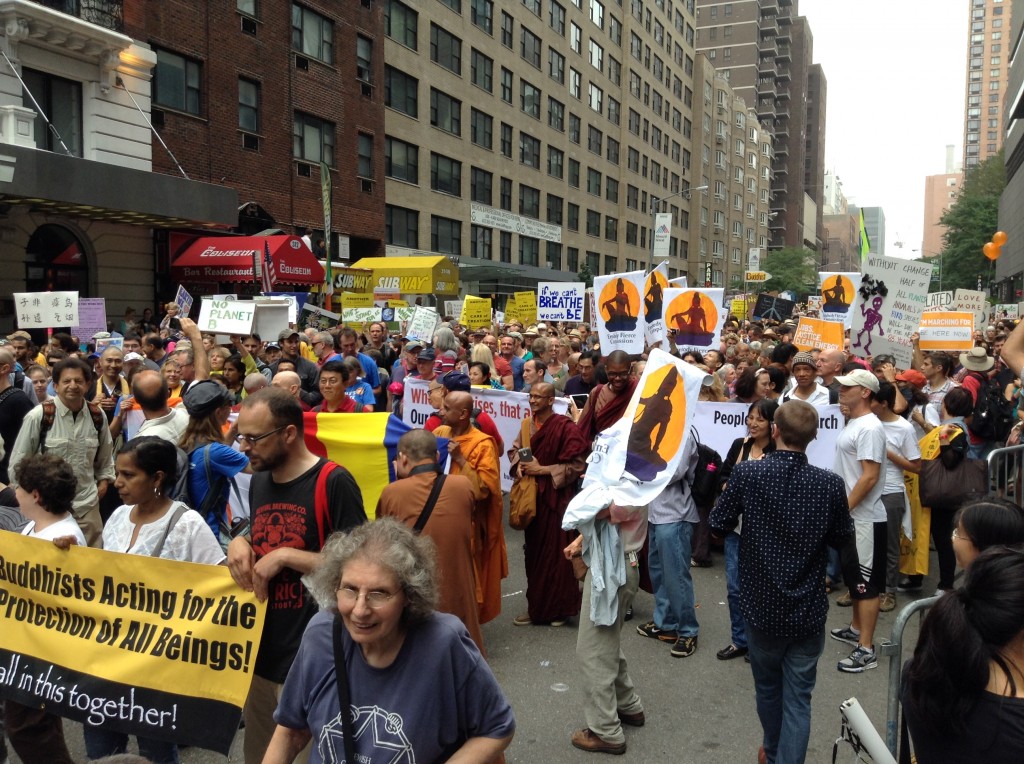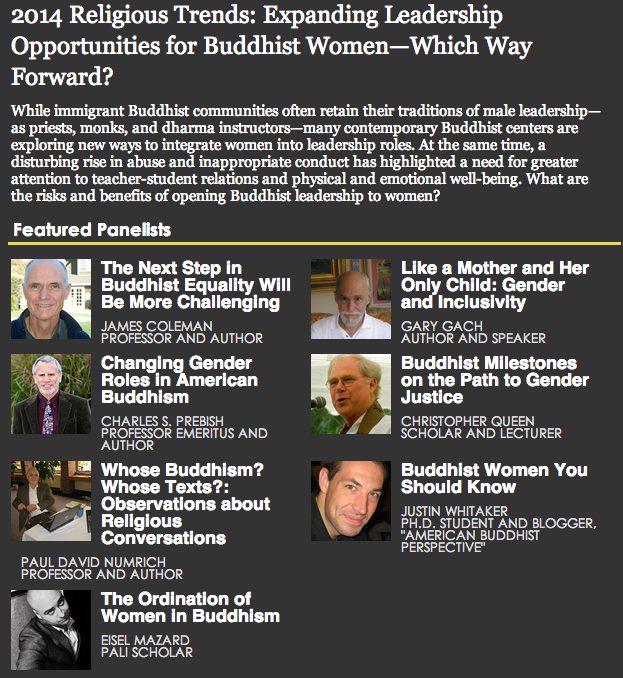As you may have read, U.S. President Barack Obama signed the hugely controversial $662 billion National Defense Authorization Act into law today, despite “serious reservations” about it. These reservations would seem to arise from several provisions that have to do with “the interplay between military and civilian law enforcement in regard to taking terrorism suspects into custody.” In short, they have distressing implications in terms of both Constitutional law and universal human rights.
In their article about the passage of the bill, The Washington Post quotes Kenneth Roth, executive director of Human Rights Watch, who said, “By signing this defense spending bill, President Obama will go down in history as the president who enshrined indefinite detention without trial in U.S. law.” In addition, Amnesty International has been circulating a petition calling for the President to veto the bill, asking members to express their concern that the provisions “violate human rights and undermine the rule of law…[and] would keep Guantanamo open, continue and possibly expand the use of indefinite detention, hinder fair trials and mandate military custody for some terror suspects.”
“I want to clarify that my Administration will not authorize the indefinite military detention without trial of American citizens. Indeed, I believe that doing so would break with our most important traditions and values as a Nation,” the Post quotes the President as saying upon signing the bill. In addition, he made clear that he would “reject any approach that would mandate military custody where law enforcement provides the best method of incapacitating a terrorist threat.”
On the one hand, the President must make decisions regarding the safety and security of the American people. On the other hand, though, the question must be asked: Are we compromising both our own cherished national values as well as global values we have formally affirmed, such as the Universal Declaration of Human Rights?
Other questions come up for me: At what point do we stand up on behalf of our highest ideals and values? If we do things the other way around — sacrifice our bedrock principles (even a little bit) whenever the going gets tough or we think that it might — what does that say about us? What does that portend for us?
More importantly, who is helped by such provisions? Maybe it keeps us a little safer, but is it at the cost of our soul (so to speak)? Does passing this bill promote the ideals and values that we espouse? If not, then must we ask if we are really promoting the kind of good in the world that we so often claim we are? Are we becoming more like that which we fear?
I suspect the answers will be more challenging and difficult than any of us would like. At the same time, we do well to live in these questions and never ignore their nagging.
In his wonderful essay “Getting the Message”, Thanissaro Bhikkhu quotes a passage from the Atta-rakkhita Sutta that I’d like to close with. I’ve been thinking about it during all the news about the NDAA. Obviously it does not necessarily take into consideration all of the complexities of national security, our current political situation, and so on…yet there’s an important lesson here for America, I think. It’s a reminder for us about that adamantine kind of might that comes from really and truly walking our talk…
Those who engage in bodily misconduct, verbal misconduct, & mental misconduct leave themselves unprotected. Even though a squadron of elephant troops might protect them, a squadron of cavalry troops, a squadron of chariot troops, a squadron of infantry troops might protect them, still they leave themselves unprotected. Why is that? Because that’s an external protection, not an internal one. Therefore they leave themselves unprotected. But those who engage in good bodily conduct, good verbal conduct, & good mental conduct have themselves protected. Even though neither a squadron of elephant troops, a squadron of cavalry troops, a squadron of chariot troops, nor a squadron of infantry troops might protect them, still they have themselves protected. Why is that? Because that’s an internal protection, not an external one. Therefore they have themselves protected.












